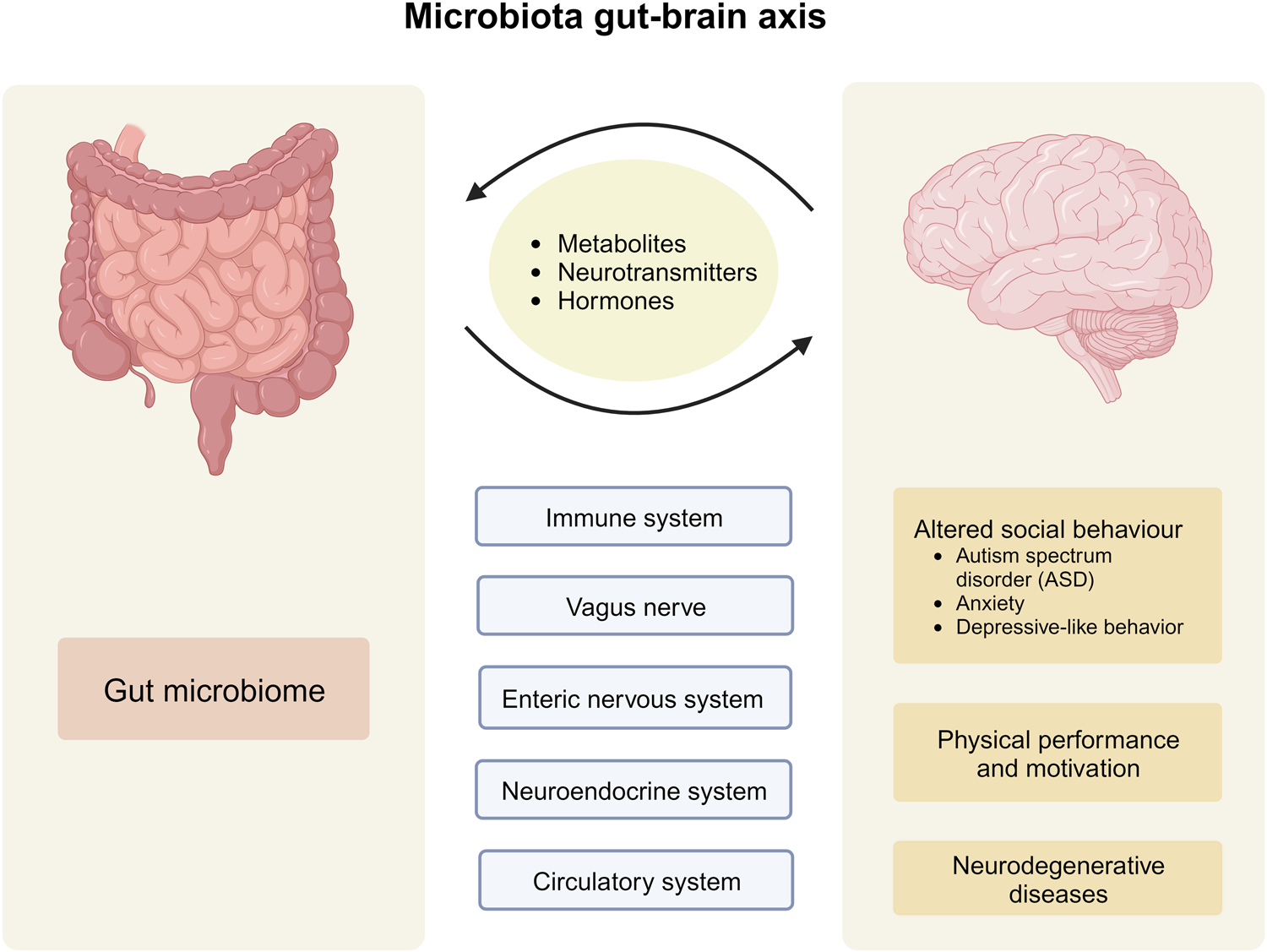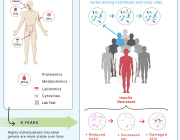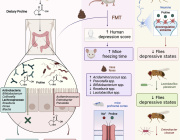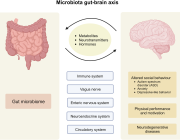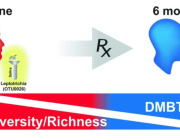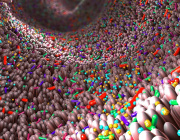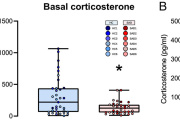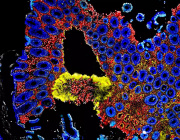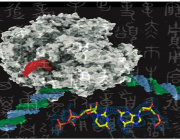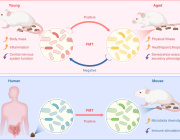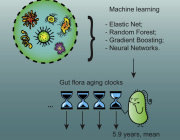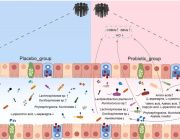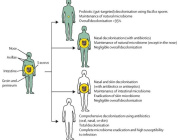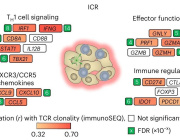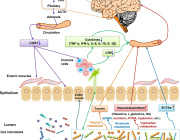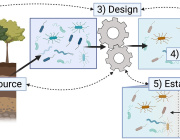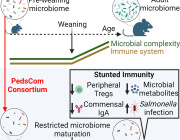Gut Microbiota in Patients with Alzheimer’s Disease Spectrum

Gut dysbiosis has been proposed as one of pathologies in patients with Alzheimer’s disease (AD) spectrum. Despite such enthusiasm, the relevant results remain substantially controversial. This systematic review, by Hung et al., investigated the differences of gut microbiota (GM) between patients with AD spectrum (including mild cognitive impairment) and healthy controls (HC).
Reviewers independently identified articles, extracted data, and evaluated the risk of bias. The effect sizes were performed by a random-effect, inverse-variance weighted model. The effects of different countries and of clinical stages on GM abundance were also examined.
They reported the following
- 11 studies consisting of 378 HC and 427 patients with AD spectrum were included in the meta-analysis.
- Patients with AD, but not MCI, showed significantly reduced GM diversity as compared to HC.
- They also reported abundance of Proteobacteria, Bifidobacterium and Phascolarctobacterium, but less abundance of Firmicutes, Clostridiaceae, Lachnospiraceae and Rikenellaceae in patients with AD spectrum as compared with HC.
- The profiles of abundance of Alistipes and Bacteroides in HC and AD spectrum were differentially affected by countries.
- When considering clinical stage as a moderator, the comparisons of abundance in Clostridiaceae and Phascolarctobacterium showed large effect sizes, with gradient changes from MCI to AD stage.
In conclusion, patients with AD spectrum demonstrated altered GM abundance, which was differentially mediated by countries and clinical stages.
Image Source: kjpargeter - www.freepik.com
Targeting Microbiota 2022 Congress
October 19-21, 2022- Paris, France
www.microbiota-site.com

















